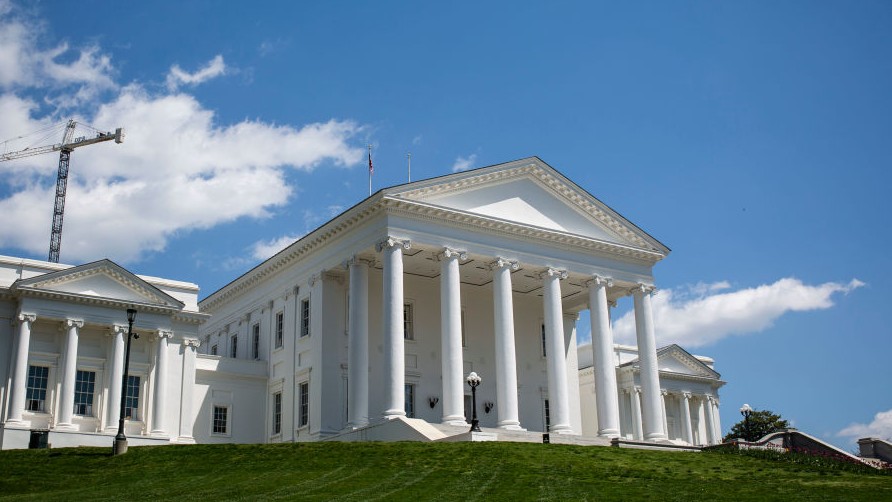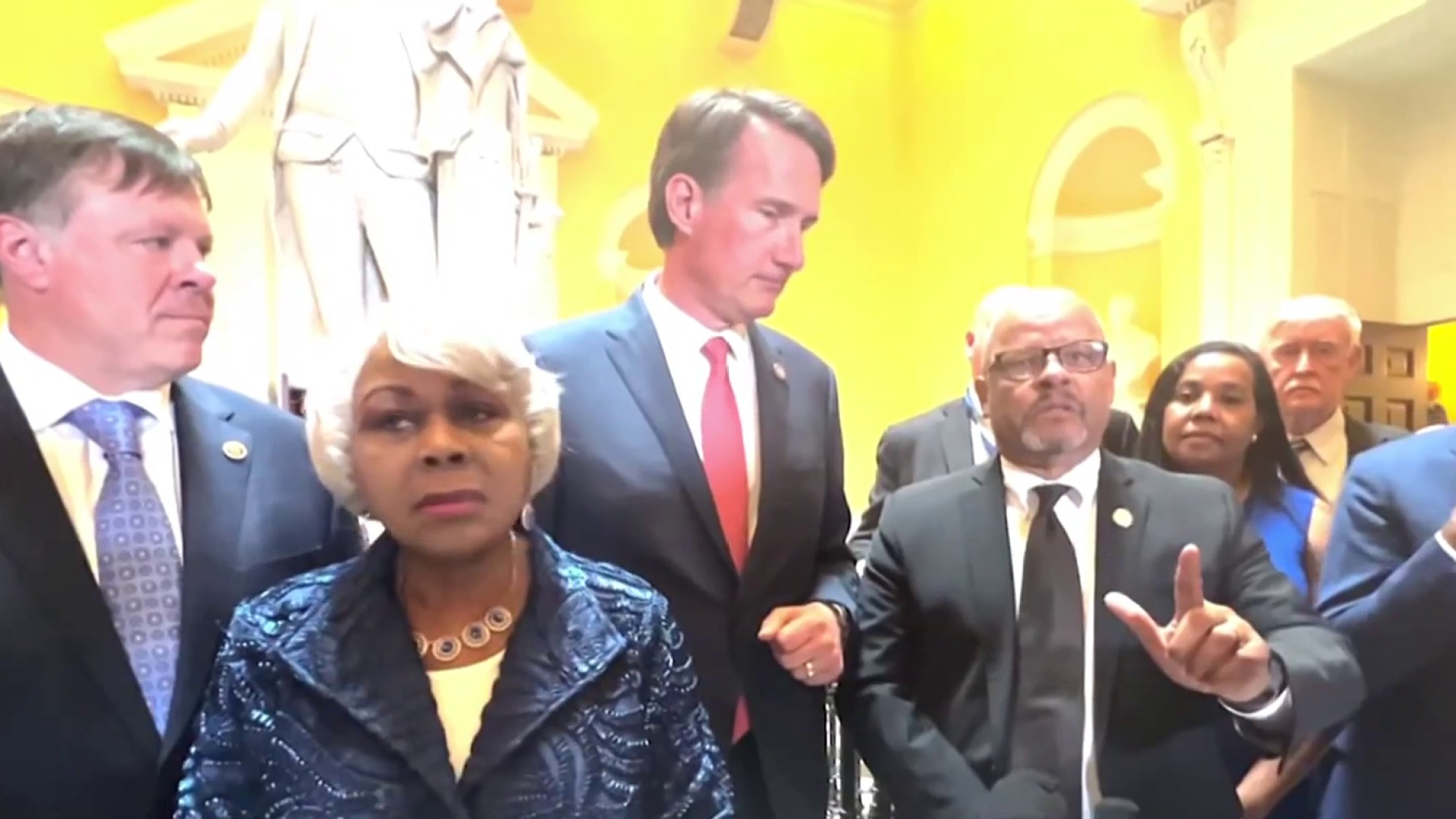Virginia's recently approved state budget changed a program that pays in-state college tuition for spouses and children of servicemembers killed or severely disabled because of their duty.
Since 1996, the Virginia Military Survivors and Dependents Program has covered those education expenses. Kayla Owen, whose husband has severe disabilities after 20 years in the Marines and Coast Guard, planned to use the program to pay for a nursing program. But a couple of weeks ago, the eligibility changed.
"I was supposed to start prerequisite classes for a masters entry nursing program in the fall, and based on the legislative changes that took place, that would basically render the program totally useless for me," Owen said.
When Virginia legislators passed their bipartisan budget last month, lawmakers adjusted the program's eligibility requirements to offset what state officials say was an almost 450% increase in cost over the past five years. Their changes have left many military families scrambling to find new funding while also going into battle with lawmakers to restore the previous eligibility.
We've got the news you need to know to start your day. Sign up for the First & 4Most morning newsletter — delivered to your inbox daily. >Sign up here.
"I think everybody feels like the rug got ripped out from under them," Owen said.
Kristen Fenty’s husband was killed in combat when their daughter, Lauren, was just 28 days old. Lauren is about to become a freshman at the University of Virginia, and Fenty says she's still trying to figure out for sure if the benefit program will cover her tuition after the changes.
"The cost of war should be shared by the nation, and the state of Virginia made a commitment to help share that cost of war, and now it's backing away from that commitment," Fenty said.
On Monday, Democratic leadership sent Gov. Glenn Youngkin a letter outlining significant growth in the program's enrollment and costs and saying the reforms were to mitigate the financial impact. Youngkin responded in a letter saying lawmakers must repeal the significant changes and he wants it done in a special legislative session before the end of June.
Unless the General Assembly and governor agree to repeal the changes, the new restrictions on the program specifically require participants live in Virginia, seek other forms of financial aid first and only use the program for undergraduate degrees.



